
According to British Gas, the average household in the UK uses 242kWh per month (a kWh kilowatt hour measures how much energy you use per hour). With time, products around the house are becoming more energy efficient, and with the rising energy prices (by 54% since last year) it is no surprise that we are all looking for ways to reduce our energy bills whilst keeping a low carbon footprint.
A low-cost solution to mould and condensation problems – Dehumidifiers
Excess humidity in your home not only disturbs your environment (with mould spores or by creating musty smells), but it can also damage your furniture, decorations or the structure of your home. Excess humidity causes mould and condensation, which can be found on windows or areas where water evaporates frequently. Health problems can arise from high humidity, for instance with mould spores and dust mites that develop in these conditions, can worsen symptoms of allergies and can cause coughing, itchy eyes, or other respiratory problems.
A dehumidifier is the best and most economical way to resolve damp issues and absorb high humidity in your home. In our April 2022 research, we found that the MeacoDry Arete One 20L was £143 cheaper to run over the course of a year (based on 6 hours a day for 365 days), compared to our competitors¹.
We offer a collection of dehumidifiers that are suitable for a variety of room sizes; from the Meaco 20L Low Energy dehumidifier, which is homes of 3-4 bedroom houses , to the MeacoDry ABC 12L dehumidifier, which is better for flats or 1-2 bedroom houses. All our dehumidifiers will help to effectively get rid of moisture in your environment for a low cost.
Have a look at the table below to see the running cost price per hour of our top dehumidifiers*:
Approximate Electricity Cost (based on 26.35p / kWh) | ||||||
Product | Number of bedrooms | Per hour | Per day (8 hours) | Per year (365 days) | Litres extracted at 20°C and 60%rh | Wattage at 20°C and 60%rh |
1-2 bedrooms | £0.04 | £0.32 | £116.80 | 4.48L per day | 152 Watts | |
1-2 bedrooms | £0.04 | £0.32 | £116.80 | 5.18L per day (high fan) 4.61L per day (low fan) | 149 Watts (high fan) 148 Watts (low fan) | |
1-2 bedrooms | £0.04 | £0.32 | £116.80 | 4.92L per day | 157 Watts | |
3-4 bedrooms | £0.06 | £0.48 | £175.20 | 8.48L per day | 219 Watts | |
1-2 bedrooms | £0.04 | £0.32 | £116.80 | 5.23L per day | 151 Watts | |
3-4 bedrooms | £0.06 | £0.48 | £175.20 | 8.5L per day | 216 Watts | |
4-5 bedrooms | £0.07 | £0.56 | £204.40 | 10.73L per day | 267 Watts | |
* For the running costs for our other dehumidifiers, please have a look at the technical data tab on each product page. Costs calculated based on the Energy Savings Trust, whose current national average price per pence/kWh of electricity is 26.35p (accurate as of October 2025).
We worked out that by keeping your Meaco dehumidifier running for 5 years, you could save yourself £715 against buying one of our competitors dehumidifiers¹!
Our Meaco Low Energy Dehumidifiers are one of our best dehumidifiers reducing moisture levels in our customers’ homes for a fraction of the price of other brands’ dehumidifiers on the market. Winner of numerous awards, the Meaco 20L Low Energy Dehumidifier has been recognised for its quiet function but also, as suggested in the title, for its limited running costs. For just 56p to run a day, the Meaco 20L Low Energy Dehumidifier can extract up to 8.48L a day (extraction rate at 20°C and 60%rh).
The Meaco Arete range is also a prime example of a more energy efficient collection of dehumidifiers. As a smart unit and with a large tank size for all models, the running prices are cost-effective in the long run. Our MeacoDry Arete One 12L, with a tank size of 2.5L, will just cost you 4p per hour. If you run this for a year (365 days), that’s just £116.80. For the MeacoDry Arete 25L, whose tank size is 4.8L, it’s a mere 7p per hour – just £204.40 for a year. It might seem like a lot of money in total, but we advise you to work out how much it will cost to run in 5 years when comparing it to other dehumidifiers on the market, it is a more cost efficient dehumidifier than many others.
By buying Meaco this is where you could be saving yourself hundreds of £s in reduced electricity bills.
To save you even more money, our dehumidifiers are also equipped with a special energy saving feature. Once you set your dehumidifier to reach its target level, e.g 55%rh, it will turn itself off and go into standby mode when it has reached that target (or within 3%). It will then measure the air every 30 minutes: if the humidity has increased, your dehumidifier will operate again, if the humidity has stayed the same it will go back to sleep for 30 minutes. This means that during those 30 minutes that it stays in standby mode it will be using a lot less energy, providing you with a clever and comfortable way to save money!
The important thing to note with all these products is, in order for them to function properly and effectively they need to be well maintained. By keeping your product clean, or changing filters when required, it will continue to run efficiently for a low price.
We advise all our customers to consider the running costs of their products, when buying from us or any other retailer. Calculating how much it costs to run over a period of time will help save you £100s.
Whether you’re looking for advice on a more energy efficient way to improve the comfort in your home, or you want to upgrade your product, we’re here to help. Call us or visit our website for more information on specific products.
¹For more information your potential savings with our dehumidifiers, read our blog:
https://blog.meaco.com/saving-money-how-to-save-over-700-with-a-meaco-product/

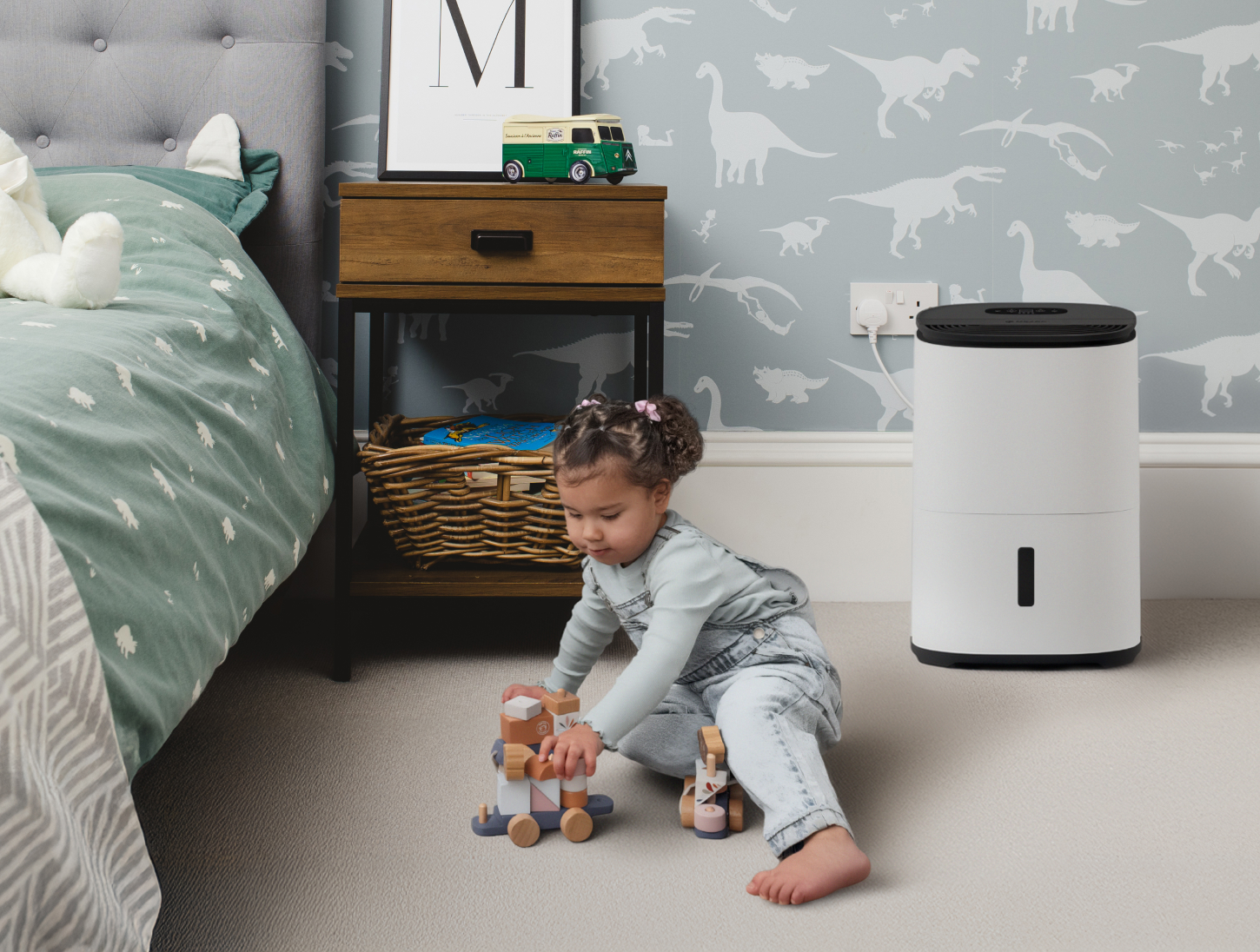
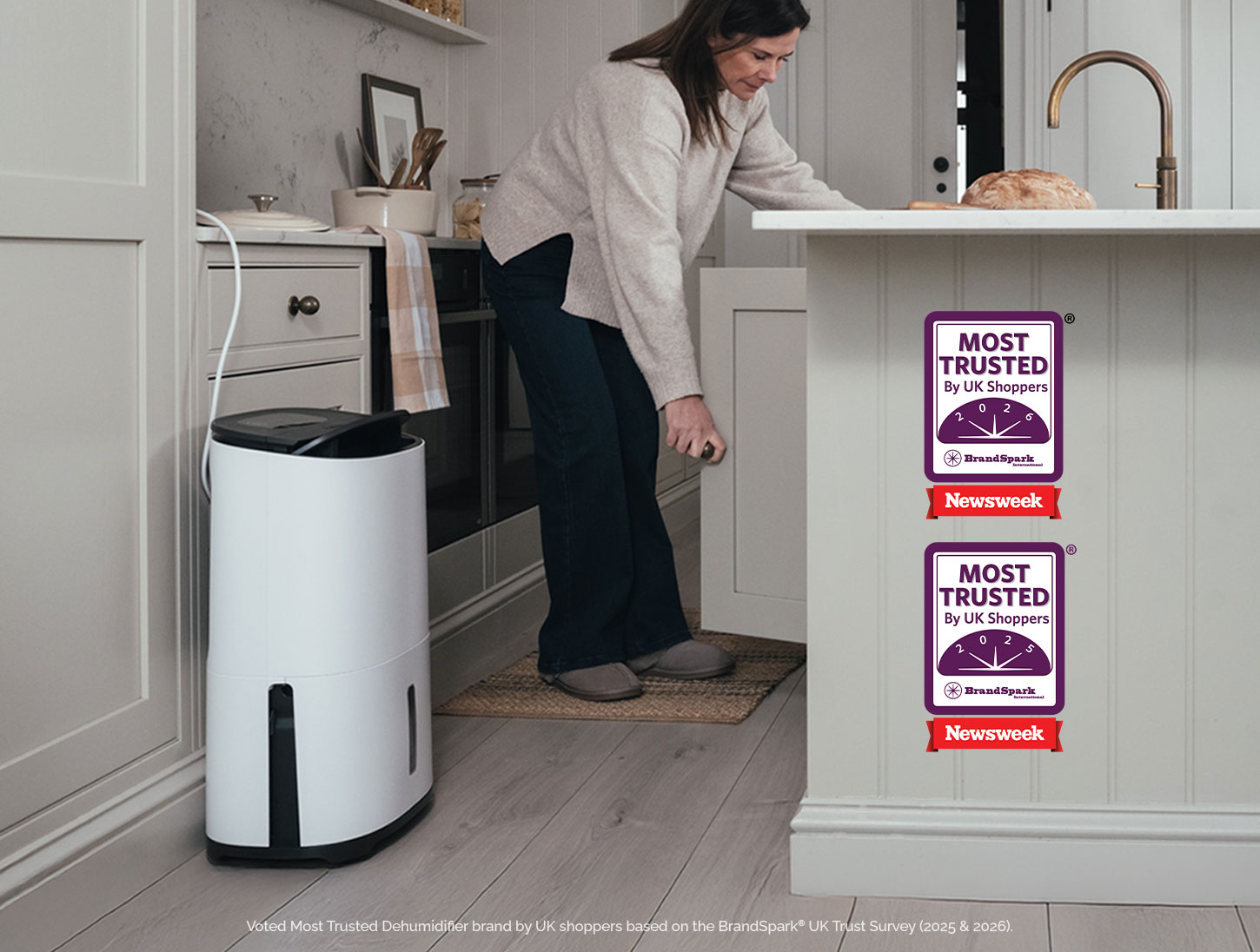
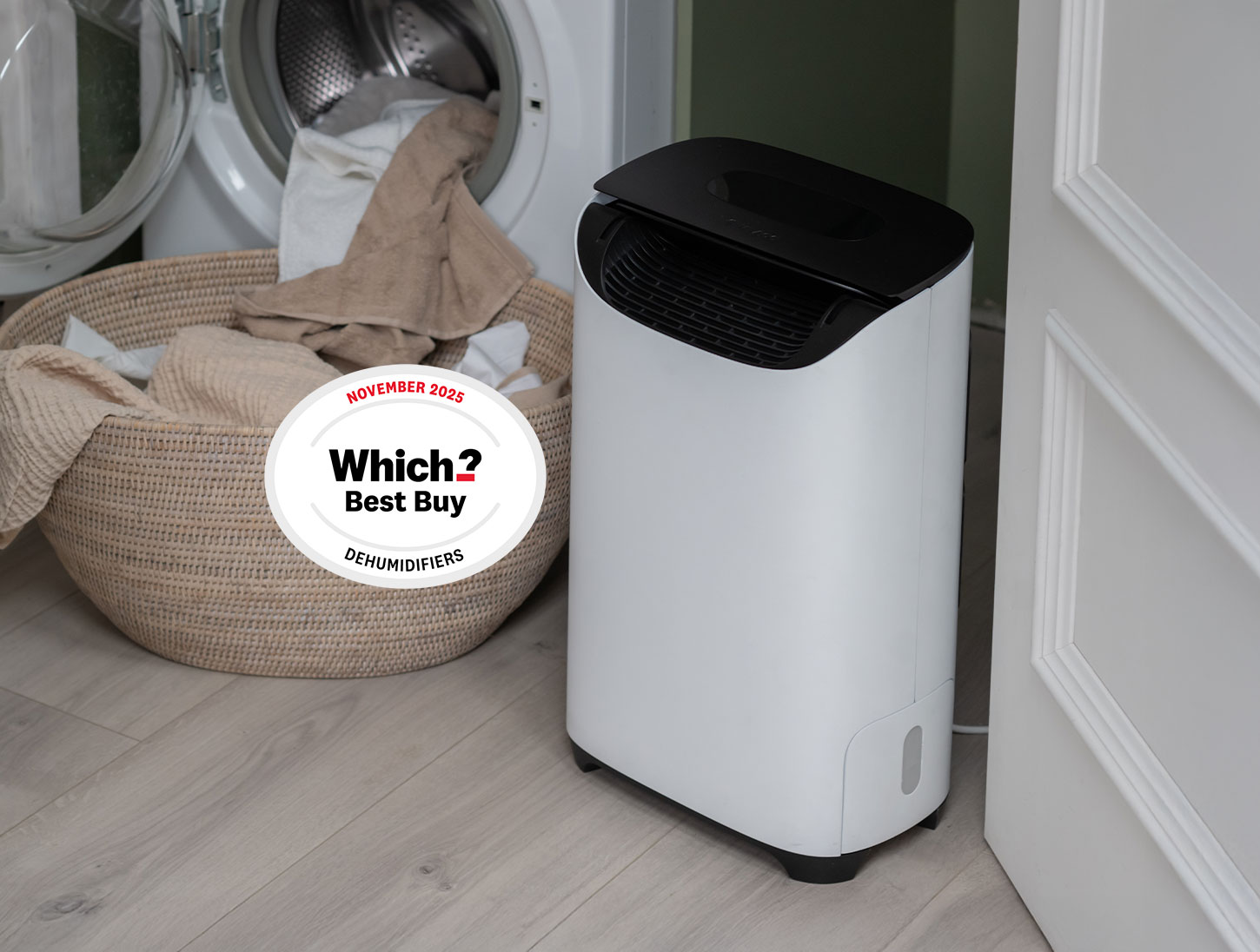
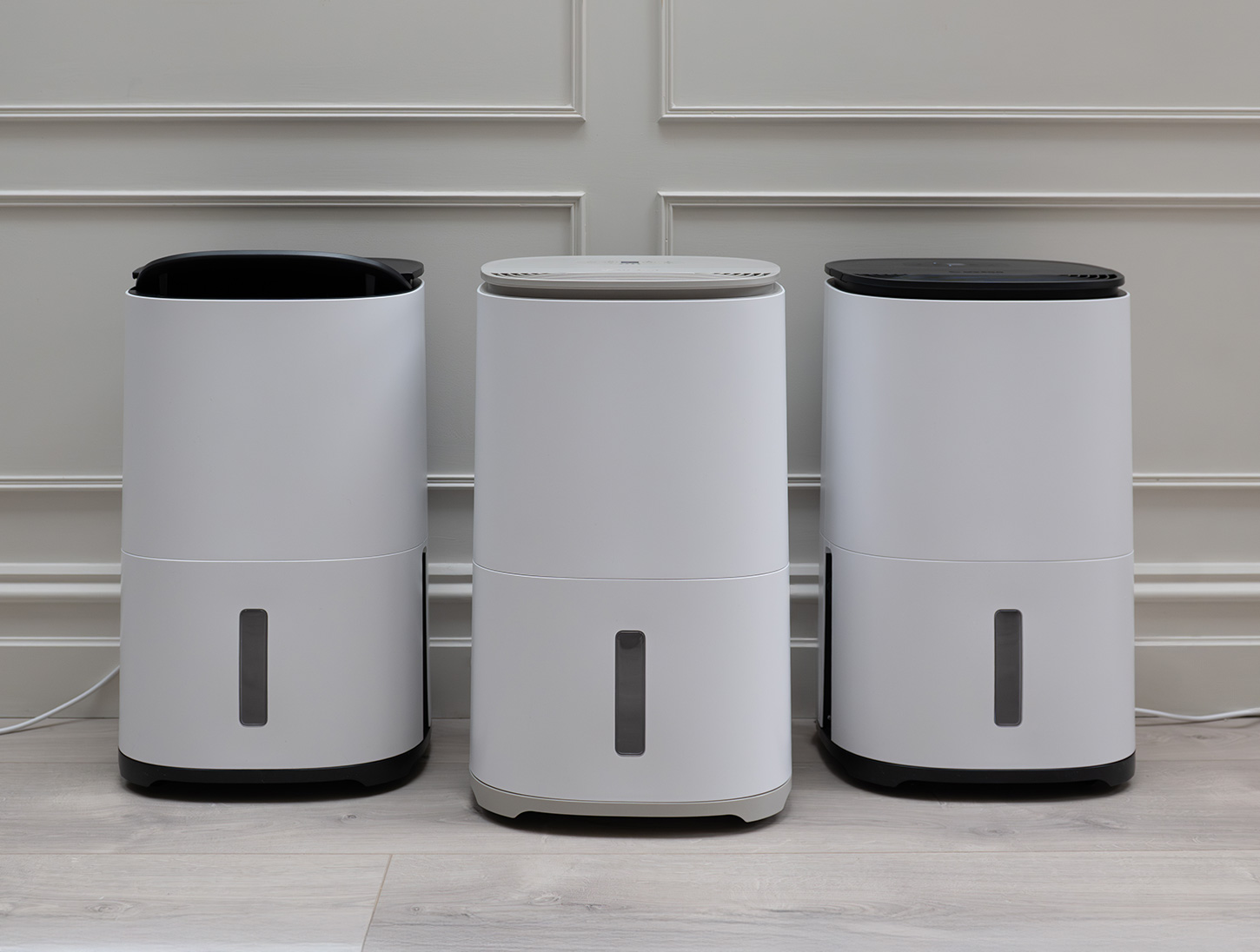
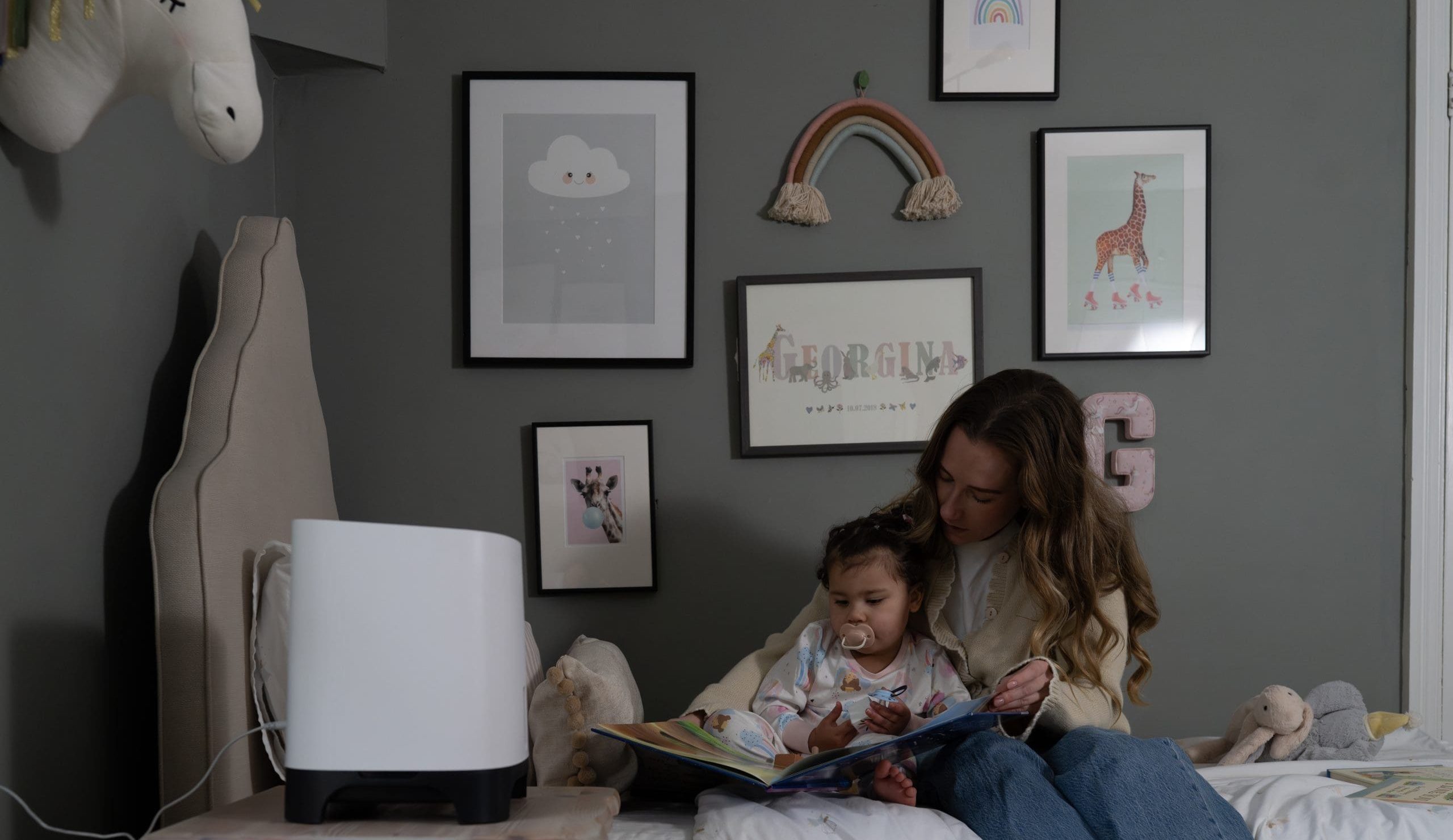

12 responses
I need one for a damp wall in a 3 bed house can you advise please?
Thank you for you enquiry,
If your home humidity is relatively moderate and you are noticing an issue with one particular wall, you can benefit from any our 12L compressor dehumidifiers, permitting temperatures are maintained ideally around 15°c.
However if you have a cold home where it is constantly around 10°c then use any of our 20L models.
If below 10°c most of the time a desiccant dehumidifier, any of our DD8L models.
For more information please contact us, I hope this helps.
Omar@Meaco.
We have a single car garage which is used as a artists studio. The garage gets damp, especially in the wetter weather. Can you advise which one of your range of dehumidifiers I should purchase? Thanks
Thank you for your enquiry,
The Meaco DD8L Junior is the right choice because it’s performance is consistent at low temperatures (if your garage will be unheated in winter), it has a good humidistat, can be drained continuously, has Auto Restart so it will turn back on after a power cut and has a host of safety features to make sure that it is safe to be left alone.
In warmer climates (+16°C all year round) then the AreteOne range with the built in Auto Restart become the go to models.
https://www.meaco.com/products/meaco-dd8l-junior-dehumidifier
Hope this helps.
Omar@Meaco
It would be nice to see pictures of the range next to each other in a sitting room type setting so that customers can judge the sizes/ style etc. I don’t want to buy something that will look out of place and as you can’t seem to find them in shops etc it’s difficult to judge what it will look like. (And yes I know it goes on house size but I still want to see what they actually look like next to something familiar.) I’m nervous to order online and get something huge!
Wendy,
If you look at the photos on the product pages then you will see that there are photos of all models next to furniture. We agree with what you say, which is why we have done this for everything.
Chris
This table comparing dehumidifier electricity costs is a major missed opportunity. The failure to include any dessicant dehumidifiers (which by design are less efficient at converting electricity to condensed water) is a significant omission and leaves potential purchasers in ignorance of this extra cost. If you are going to discuss energy efficiency – and well done for approaching it – you need to do better than this to do the topic justice. And knowing how many pence per hour it is costing WITHOUT knowing how much water results from the expenditure is giving only half the story. It is misleading to also omit mention of the fall-of in efficiency of water extraction that occurs at lower temperatures and lower humidity levels. Quoting maximum extraction rates based upon 30degC and 100% humidity – (which would be relevant in Singapore but never is in GB save next to a glass-enclosed swimming pool in summer) is of very limited value.
Can you not improve on this by giving, in several tables, the comparative data for extraction rates (ml per hr) and conversion rates (kWh per litre) at a set of realistic room temperatures and humidities? I would suggest 3, 8, 13, 18 and 21degC and 40, 60, 70 & 90%RH.
Stephen,
Thank you for your constructive feedback, we have widened the table. To be fair to ourselves we are the only dehumidifier manufacturer that does share all of this information with our customers and we have done for several years now, you will find all of this detail on the individual product pages, we have been transparent with it for years now. Just for the record extraction rate data is based on 30°C and 80%rh.
Chris
I have recently bought a Meaco Arete 25L last week, and am recently finding that every 25 minutes, the dehumidifier light is turning off and the fan is running for 10 minutes, before the dehumidifier light turns back on. 25 minutes later, the light turns back off again, and so on. I know this is how the machine is meant to defrost, but is it meant to be doing it this often?
Charlie,
As long as it is collecting water and there are no error codes on the display, then all is fine. How often this happens depends on room temperature and relative humidity, the machine will do it as and when it needs to, and no more often than that.
Chris
Which gives me the best water extraction rate to cost the meaco areta 20 or 25. Because I presume that the areta 25 would not have to be on as long to get the humidity down.
Thanks
Paul
The Arete 25L will cost you less in terms of litres/kWh.